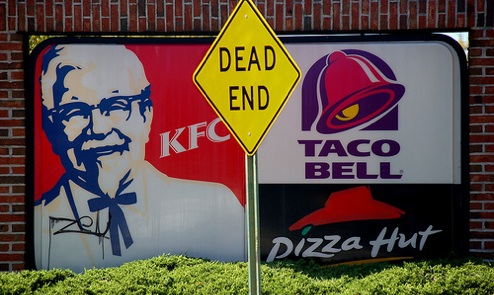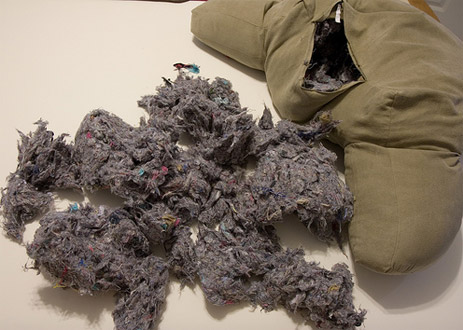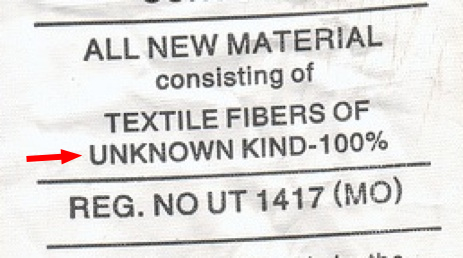Oregon has passed legislation requiring that chain restaurants post calorie information on menus. Oregon’s governor is expected to sign the bill.
labeling

The Truth Behind Healthy Supermarket Foods
The Wall Street Journal takes a good look at items marketed as “healthier for you” on supermarket shelves, and as you can probably imagine, any actual health benefits vary greatly from product to product. Take all natural chicken, for example: if you buy “enhanced” or “plumped” chicken—it will say somewhere on the label that water, salt, and/or carrageenan has been added, but it will still be labeled natural—the sodium per 4 oz serving jumps from 45-60 mgs to 200-400 mgs.
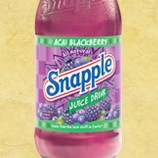
Snapple's Acai Drink Just Pear Juice And Corn Syrup
Of all the ridiculous Acai schemes we’ve seen involving overpriced miracle elixirs, Snapple wins hands down—their Acai Blackberry drink is high fructose corn syrup, pear juice, and “natural flavors,” which Consumerist reader LS points out could be “a spoonful of blackberry jam from Aunt Sally’s root cellar and a puff of acai-laced breath from the health food girl in accounting.” Or more likely, just some flavoring extracts from a company similar to this one.

Big Pharma Goes Before Supreme Court To Get State Lawsuits Banned
“Pre-emption” is a legal doctrine that says the federal government can claim all regulatory power over an area or subject, barring states from acting on their own. The drug maker Wyeth has brought a case before the Supreme Court arguing that a woman in Vermont, who lost her arm due to a drug complication that Wyeth knew about but did not publicize, cannot sue them in state court because of pre-emption. Wyeth says that only the FDA has the power to regulate it—and since the FDA approved Wyeth’s drug label, it’s the FDA’s responsibility. We think Wyeth is pretending to care about federal-versus-state power in an attempt to weasel out of any responsibility.

../../../..//2008/09/18/misterjalopy-over-at-boingboing-has/
MisterJalopy over at BoingBoing has put together a rough outline of a cheat sheet when shopping for eggs, based on an article in yesterday’s New York Times on how to interpret egg carton labeling. [BoingBoing]
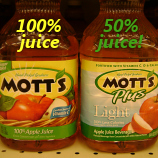
Mott's Will Help You Water Down Your Juice If You Like
Here’s a perfect example of why you should always approach “healthy” labeling on food products with a skeptical eye. Summer did a quick side-by-side comparison of regular Mott’s apple juice with new Mott’s Plus Light. What she found was that except for a few added vitamins, the Light product was just Mott’s juice diluted by 50% with water—but selling for the same price as the 100% juice.
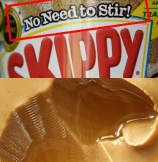
'No Need To Stir' Skippy Natural Peanut Butter Requires Stirring, Or A Straw
As any convenience-seeking American knows, the bane of natural peanut butter is its tendency to separate into an unspreadable sludge of crushed peanut and an eager-to-spill pond of oil. You have to stir the two together to get back to the peanut butter texture you’ve come to expect from the hybridized brands. Skippy says they’ve solved the problem, but based on the two jars one customer bought, they’re plain nuts (wocka wocka!).

New Dairy Law In Ohio Designed To Strangle "rBGH-free" Labeling
Monsanto failed to get the FDA to ban “rBGH-free” labeling nationally, and it’s had mixed success at the state level. Now the company and its gang of ethics-free dairy farmers (those are the ones who use rBGH to increase profits, but want that truth kept out of the marketplace because it’s unpopular with consumers) have scored a significant win in Ohio this week. Yesterday the state passed a law that forces extra, rBGH-friendly fine print on every milk label that promotes itself as “rBGH-free.” The goal of the ruling: to require expensive label redesigns on competitors, and to crowd the label with unnecessary fine print in order to dilute the marketing power of the “rBGH-free” label.
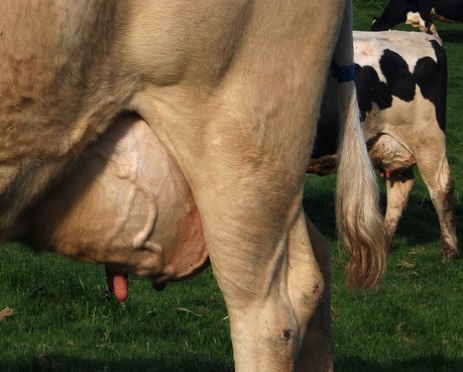
Monsanto Is Trying To Ban Hormone Labeling At The State Level
Monsanto continues its attempts to hide the basic facts of food production from consumers, this time in Kansas. The Kansas Dairy Association, along with a suspicious “grassroots” dairy group that has the same public relations firm as Monsanto, has helped introduce a bill to the state Senate that would ban “growth hormone-free” milk labels. The bill’s supporters argue that growth hormone can’t be found in lab tests, and if a lab can’t verify it, consumers don’t need to be told about it.

New Nutrition Label Coming To Some Supermarkets In '08
The Overall Nutritional Quality Index (ONQI), a supplemental, easy-to-read nutrition labeling system, will be introduced on a voluntary basis next year by participating Wegmans, IGA, Hy-Vee, and Food City grocers. ONQI was developed by a bunch of nutrition and health experts and assigns products a value from 1 to 100 by scoring a number of good and bad qualities of the food. Shoppers can then compare similar products easily to see which one is more nutritionally sound.
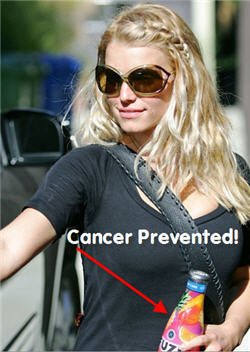
Is Fuze Violating Labeling Law By Making Bogus Health Claims?
The always entertaining Center for Science in the Public Interest is irritated with Coca-Cola’s Fuze drinks because they make ridiculous health claims on their labels.
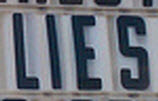
Should Alcoholic Beverages Have Nutrition Labels?
Our alcoholic uncle always swore that booze was healthy, and if the Treasury Department has its way, nutrition labels on alcoholic beverages may soon have people thinking he was right. A rule issued last week by the Alcohol and Tobacco Tax and Trade Bureau would require all alcoholic beverages to sport a panel listing traditional information like serving size and alcohol content, along with data on calorie, carbohydrate, fat, and protein content. The alcoholic beverage industry vigorously supports the rule, but some advocacy organizations are concerned that the nutrition labels might imply that alcoholic beverages have some nutritional value. Tell us what you think of the proposed rule in our poll, after the jump.
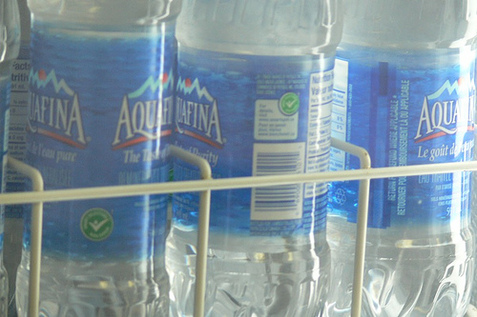
Aquafina Changes Label, Admits It's Tap Water
Aquafina, PepsiCo’s best-selling bottled water, is changing its label to clarify its true source: city water supplies. The labels have never claimed to be spring water, but the price, packaging, and placement in stores apparently made enough of the world believe it was.
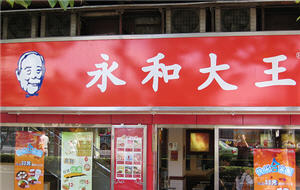
China Is Full Of Nasty Food Practices, Like Reselling Discarded KFC On The Street
In China, they add melamine to the pet food to make it look like it has higher protein, make “soy sauce” from human hair, soak fish in ink to make their color better, and feed eels birth control to make them longer and more slender. They also pick up discarded KFC chicken pieces from the garbage and sell them at street vendor booths, Shanghai Daily reports.

Beyonce's "House of Dereon" Supports "Dog Fur" Ban
The Humane Society of the United States announced the results of an investigation into fur trim earlier this year, and they were startling. Major designers were using fur from a canine species called “raccoon dog”, but labeling the fur as “faux.”
Vlasic Expects You To Only Eat 1/4 Of A Pickle
Steven bought several extra-large jars of Vlasic Kosher Dill pickles and noticed an absurd suggestion on the nutrition label.


